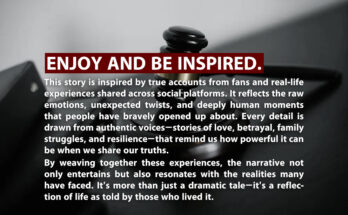I graduated law school with a sense of triumph and a diamond ring in my pocket. My fiancée and I had weathered university together, and we both landed spots in the same prestigious graduate program in Canberra. Life felt like it was unfolding exactly as planned—until three months before our wedding, when I discovered she was having an affair with our mutual boss. I ended the engagement, but the fallout was brutal. We spiraled into a bitter property dispute that dragged us both through court and left emotional wreckage in its wake.
Canberra’s legal scene is tight-knit, and the city itself isn’t big enough to avoid someone you’re trying to forget. I’d bump into her at hearings, cafes, even the grocery store. Each encounter reopened wounds I was desperate to close. She looked just as haunted. I needed distance—real distance. So I applied for a rare overseas development posting in Tuvalu, a remote Pacific island with only two positions available every two years. It was a long shot, but I clung to the hope of escape.
When I got the job, I felt like I’d won the emotional lottery. I packed my life into a suitcase and flew to Tuvalu, ready to start fresh. But when I walked into the island’s tiny government office, I saw her. My ex. The other successful applicant. The air left my lungs. There were no backup plans, no alternate postings. Just her and me, side by side, for two years. On an island barely big enough for a decent jog.
We shared a desk, a break room, and a daily routine. The office was small, the island smaller, and the emotional space between us microscopic. Every glance was loaded. Every silence, deafening. We never spoke of the past, but it hung between us like humidity—dense, inescapable. I learned to compartmentalize, to breathe through the tension, to find solace in the ocean breeze when the office air grew too thick.
Oddly, the island softened us. Not into friends, not even into civil exes, but into two people forced to coexist. We became experts in avoidance, in neutral small talk, in pretending the past hadn’t happened. There were moments—brief, flickering—when I saw the person I once loved. But mostly, I saw the person who broke me. And I suspect she saw the same in me.
When the contract ended, I left Tuvalu with a strange mix of relief and pride. I had survived two years in emotional purgatory, and I hadn’t let it define me. The island gave me space, not from her, but from the version of myself that couldn’t let go. And maybe that was the real escape I needed.


